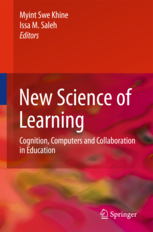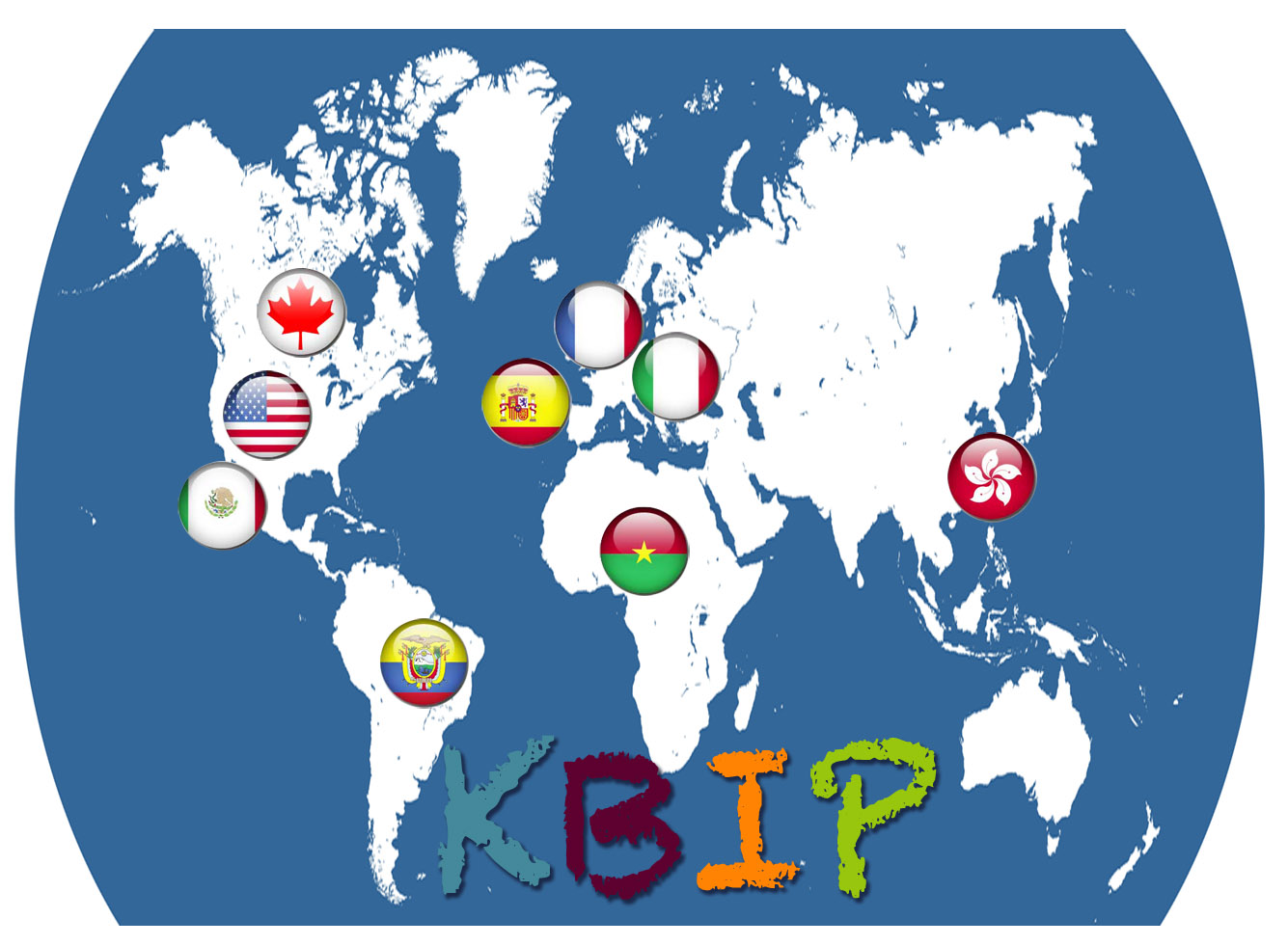
Publications
1. Knowledge building international project (KBIP): a nested network of learning and knowledge creation
Full text: Click here
Authors:
Thérèse Laferrière, Nancy Law
Published in: Proceeding ICLS '10 Proceedings of the 9th International Conference of the Learning Sciences - Volume 2

Abstract: The Knowledge Building International Project (KBIP 2007-2009) operates on the basis of locally based networks of innovation distributed around the globe. Catalunya (Comconèixer), Hong Kong (KBTN), Quebec (RNS), and Toronto (IKIT) are currently the four main sites. This work represents work primarily within a formal, classroom learning context. Nevertheless, while this work is connected with classroom learning, this work is unique in that it reaches beyond activity within individual classrooms or campus communities to build digital bridges between classrooms in different countries.
2. Partnerships for Knowledge Building: An Emerging Model
Full text: Click here
Authors:
Published in: Canadian Journal of Learning and Technlogy, V36(1) Fall, 2010.

Abstract:
Knowledge Building is approached in this study from an organizational perspective, with a focus on the nature of school-university-government partnerships to support research-based educational innovation. The paper starts with an overview of what is known about effective partnerships and elaborates a conceptual framework for Knowledge Building partnerships based on a review of literature and two case studies of school-university-government partnerships. In one case, a Ministry of Education wanted to bring more vitality into schools of small remote villages, and in the other case another Ministry of Education wanted to renew its school-based international cooperation profile. Emerging from this work is a three-component model for going to scale with Knowledge Building partnerships: Knowledge Building as a shared vision; symmetric knowledge advancement; and multi-level, research-based innovation. Characteristics of, and conditions for, effective partnerships for Knowledge Building are elaborated, and an emerging model is developed to help communities establish effective partnerships and contribute to this evolving model.
3. IRFI as a form of progressive discourse in knowledge building oriented classrooms
Full text: Click here
Authors: Thérèse Laferrière, Mary Lamon

Published in: Paper sessions - 2010 Knowledge Building Summer Institute: New Assessments and Environments for Knowledge Building, Institute for Knowledge Innovation and Technology (IKIT)
Abstract: Knowledge building discourse differs from typical classroom discourse (IRE/F). In this short paper, we synthesize and build on a previous paper (Laferrière & Lamon, 2010) that examined how students and teachers used knowledge building principles and Knowledge Forum (Scardamalia & Bereiter, 2003) for understanding the problems of climate change. At a micro level of analysis, our research focuses on the kinds of questions students asked and their subsequent discourse/explanation. We use schemes developed by Hmelo–Silver and Barrows (2008), Chan (see Lee, Chan & van Aalst, 2006) and Hakkarainen (2003). Results show a level of explanation in student discourse that contrast sharply with the IRE classroom discourse structure (teacher initiated question – student response - teacher evaluation, (Cazden, 1988) and with the IRF structure (initiation –response – feedback; see Sinclair, & Coulthard, 1975; Wells, 1993). The emerging discourse pattern identified in this paper is called IRFI (initiation – response – feedback / further inquiry).
4. Knowledge Building/Knowledge Forum: The Transformation of Classroom Discourse
Full Text: Click here
Authors: Thérèse Laferrière, Mary Lamon

Published in: New Science of Learning: Cognition, Computers and Collaboration in Education.(2010). Myint Swe Khine and Issa M. Saleh (Eds.) ISBN: 978-1-4419-5715-3
Abstract (of book):
The earliest educational software simply transferred print material from the page to the monitor. Since then, the Internet and other digital media have brought students an ever-expanding, low-cost knowledge base and the opportunity to interact with minds around the globe—while running the risk of shortening their attention spans, isolating them from interpersonal contact, and subjecting them to information overload.
The New Science of Learning: Cognition, Computers and Collaboration in Education deftly explores the multiple relationships found among these critical elements in students’ increasingly complex and multi-paced educational experience. Starting with instructors’ insights into the cognitive effects of digital media—a diverse range of viewpoints with little consensus—this cutting-edge resource acknowledges the double-edged potential inherent in computer-based education and its role in shaping students’ thinking capabilities. Accordingly, the emphasis is on strategies that maximize the strengths and compensate for the negative aspects of digital learning, including:
- Group cognition as a foundation for learning
- Metacognitive control of learning and remembering
- Higher education course development using open education resources
- Designing a technology-oriented teacher professional development model
- Supporting student collaboration with digital video tools
- Teaching and learning through social annotation practices
The New Science of Learning: Cognition, Computers and Collaboration in Education brings emerging challenges and innovative ideas into sharp focus for researchers in educational psychology, instructional design, education technologies, and the learning sciences.
